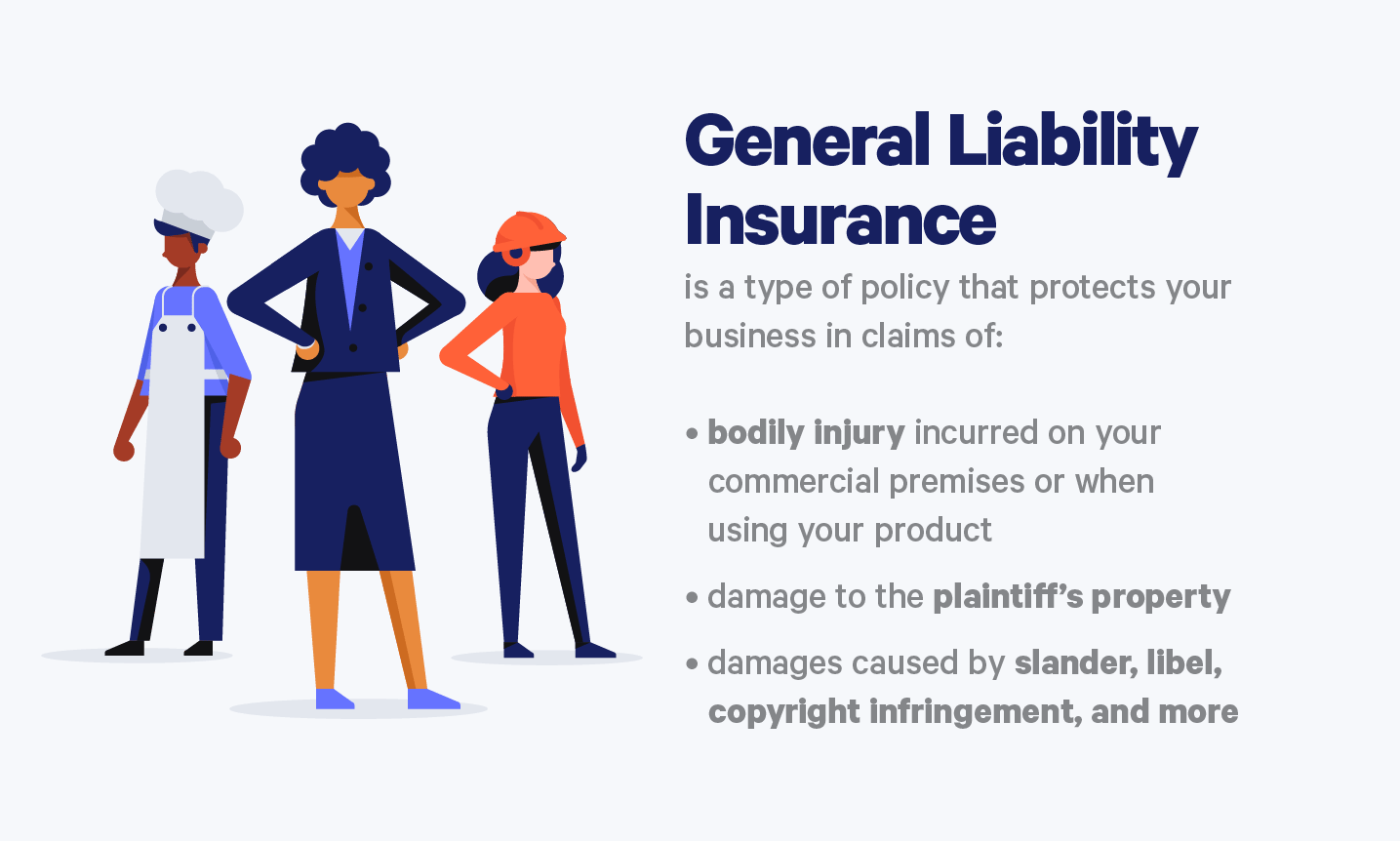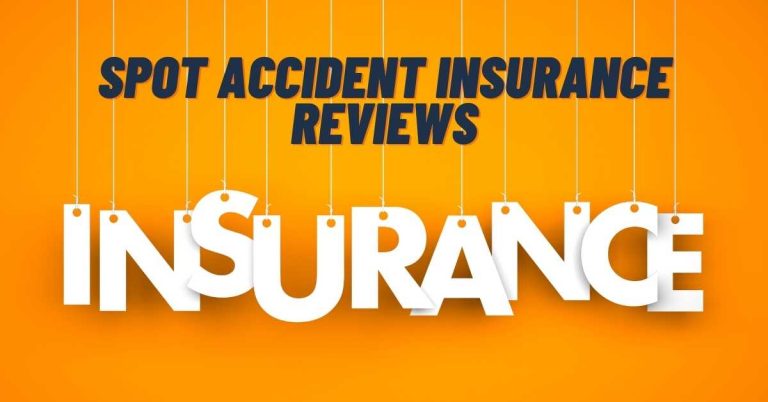Liability insurance is a type of insurance that protects businesses from financial losses due to accidents, bodily injury or property damage they cause. It also covers businesses for any legal liabilities they may incur. Why do businesses need liability insurance? Liability insurance covers a business for financial losses that result from accidents, bodily injury or property damage they cause. Businesses must have liability insurance because they are legally liable for their actions.
What this means is if you hurt someone during business hours, that injury is your responsibility, and the business is the only one who can pay for it. If your business incurred financial losses due to accidents, bodily injury or property damage you caused, you would need liability insurance to cover those losses. That’s why so many businesses have liability insurance.
Table of Contents
What is covered by liability insurance?
Liability insurance covers the financial losses that occur as a result of an insured person’s actions. It can include, but is not limited to: – Bodily injury and property damage to another person or company – Lost wages if the person injured cannot return to work immediately – Legal costs if the business is sued for an injury or other loss – Conditions like faulty equipment that causes an accident where a person could have been injured
Why do businesses need liability insurance?
Businesses must have liability insurance because they are legally liable for their actions. If a business incurs financial losses due to accidents, bodily injury or property damage they cause, they must cover those losses. This is because they are the only one who can pay for those losses. Businesses also need liability insurance because they might want to sue other businesses as a way of obtaining additional income or settling disputes.
What is an example of a liability covered by liability insurance?
If you cause a car accident on your way to work, you may be able to file a claim against your insurance company for the financial losses caused by the accident. Those financial losses most likely include the cost of repairs to the damaged vehicle and, if there were injuries, medical bills. If your insurance policy also covers you if someone sues you due to an accident you caused, that’s called “contingency” coverage.
Limitations of Liability Insurance
Liability insurance does not protect a business from lawsuits over actions that are illegal or that violate terms of a contract with a customer. It also does not protect a business from lawsuits that are directly related to the business. For example, a restaurant that serves alcohol cannot rely on liability insurance to protect it from lawsuits filed by people who have been injured or damaged by someone who has been drinking at the restaurant.
Different types of liability coverage
There are many different kinds of liability insurance available. When you shop for coverage, you want to make sure you are purchasing the right kind for your business. Here are some different kinds of coverage you may want to consider:
– Defensive coverage – This coverage is designed to protect a business against lawsuits that they don’t want to file or that they think are not legally valid. For example, if a business gets a bad review on the internet, it may have a policy that covers them against lawsuits stemming from that review.
– Excess coverage – This coverage allows a business to pay the specified amount of money in a lawsuit (up to the policy limits) and then go the rest of the way in court. Excess coverage is important because it allows a business to cover the costs of defending a lawsuit with a contingency lawsuit and then recover their legal fees from the defendant.
– Medical payments coverage – This type of coverage pays for medical bills that are the result of an injury or accident the business caused.
When Should You Buy Liability Insurance?
Business owners should look for liability insurance before they open their doors for the first time. It may also be a good idea to update your coverage as your business grows. For example, if you have employees and you are opening a restaurant, you may want to purchase additional liability coverage.
Summary
Liability insurance protects businesses from financial losses due to accidents, bodily injury or property damage they cause. It also covers businesses for any legal liabilities they may incur. Business owners should look for liability insurance before opening their doors for the first time. It may also be a good idea to update your coverage as your business grows.


6 Comments